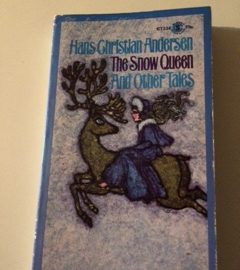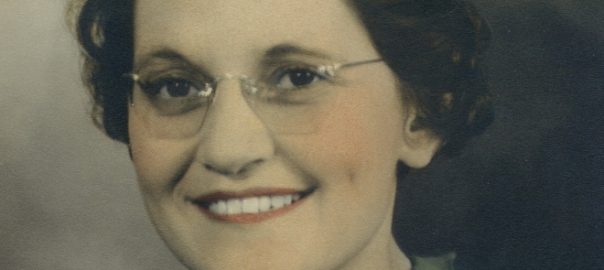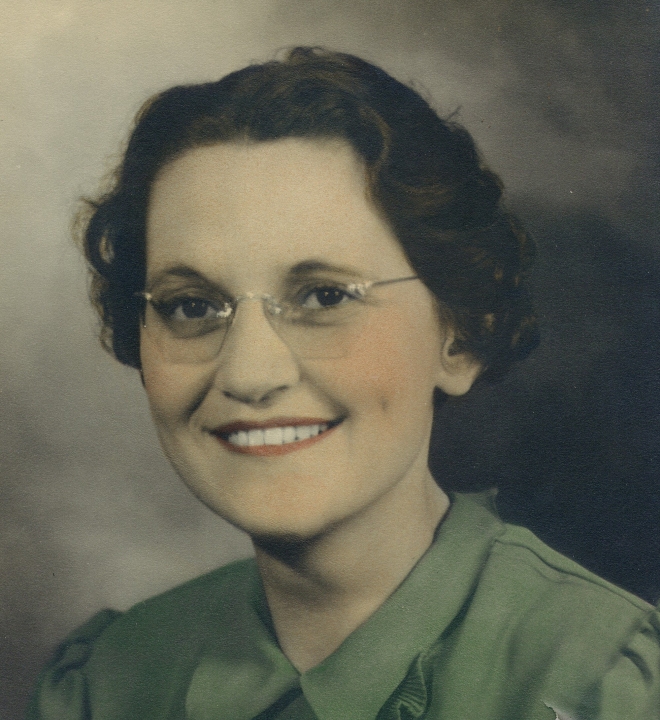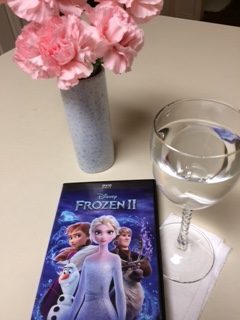
Disney’s 2013 hit Frozen was immensely successful. I enjoyed it, and the song “Let It Go” was an inescapable earworm for quite a while. You can hear the song here. But quite a few people (myself included) were not immediately impressed with the sequel, Frozen II, which came out in 2019. However, I’ve now watched Frozen II several times on DVD as I’ve whiled away the hours during this pandemic. Not only has it grown on me, but I now like it better than the 2013 production. The personnel involved are pretty much the same ones who worked on the first film, with Jennifer Lee and Chris Buck writing the story, along with Kristen Anderson-Lopez and Robert Lopez writing the songs, and Christophe Beck composing the musical score. But, to me, it tells a better story. Let me explain why.
First, it celebrates the character and heroism of Elsa and Anna’s mother. Usually in Disney’s fairy tale films, the mother is absent or replaced by a wicked stepmother. Granted, their mother (and father) did die in the first film, but, through a kind of internal prequel, we get to see their mother, Iduna, as she interacts with her daughters and also (spoiler) as she saves her future husband, Elsa and Anna’s father. And, another plus in my book, is the song that Iduna sings to her daughters, “All Is Found.” This is a a lullaby that Iduna sings early in the movie, in the scene in which the parents tell their daughters about the Enchanted Forest. It reappears later when Elsa and Anna journey to that Enchanted Forest and meet the Northhuldra people, who also know the song. That is where my respect for the Disney research into the relevant folklore rises to a new level.
The lullaby is not a traditional one. Anderson-Lopez and Lopez wrote the song so far as I can tell. It is very lovely. Here is Evan Rachel Wood singing it in the movie. There is even a meta comment about lullabies in the movie. Look for it. Lullabies are a big part of folklore. I am impressed that they recognized this. The person who composed the score for the movie, Christophe Beck, also did a good job bringing in the sound of traditional Sami music. There are other instances of folklore material in the film—lots of them. My favorites are the references to the traditional kulning, or herding songs, that inspires the “voice” that calls Elsa to the Enchanted Forest and the traditional pattern on the scarf that Iduna left with Elsa and that the Northhuldra people recognized as their own and then the pan-Scandinavian tradition of reindeer domestication. The folklore is abundant and well researched.
But perhaps the most obvious folklore connection is to the story source—Hans Christian Andersen’s “The Snow Queen.” Founder Walt Disney had evidently wanted to create a film based on Andersen’s “Snow Queen” since the late 1930s, but it never happened—until much later. Read about it here. However, as a folklorist myself, I must say that the plots of both Frozen and Frozen II owe very little to Andersen’s “Snow Queen.” I reread Andersen’s story from the book on my shelf (book below), and I saw little that informed either of the movies beyond a few common folktale motifs. The story is similar to that in ATU 425 The Search for the Lost Husband. But, if you read the Andersen tale (see it here), you will see that there are few plot overlaps with Andersen’s story. Others have commented on this as well. But, then, Andersen was writing popular literature. He was not recording verbatim tales from the folk as would a folklorist. But he did evidently inspire folks at Disney studios, and that is to our advantage.
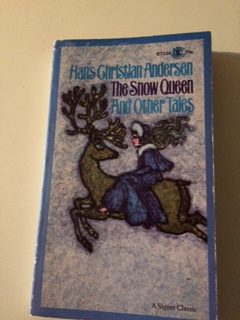
So, let me conclude that what I really did appreciate about Frozen II is: 1) that it celebrates mothers, 2) that it uses a lullaby, 3) that it makes use of folklore –and two more things: that it 4) does a good job of representing often neglected “folk groups,” such as blacks, females, the Sami, herders, storekeepers, ice-cutters, etc., and 5) that it emphasizes the importance of “folk wisdom” in such phrases as “do the next right thing.” To my mind, Disney is both the epitome of rampant capitalism gone wild and also, surprisingly, the representation of all that is still admirable and to be cherished about our collective folklore. I salute the folks at Disney for trying to meet this last goal with their best efforts in Frozen II. Thank you, Disney.
